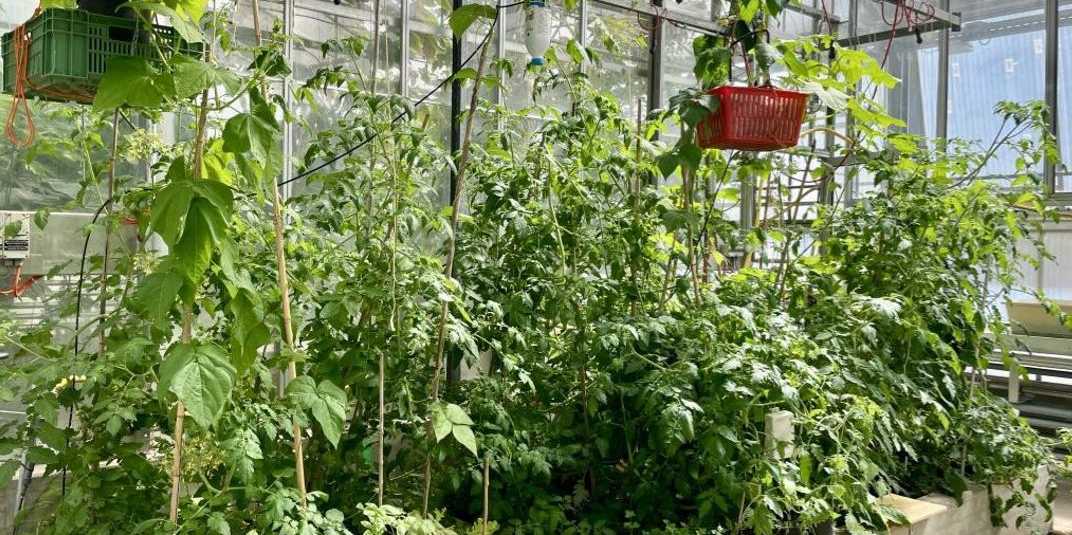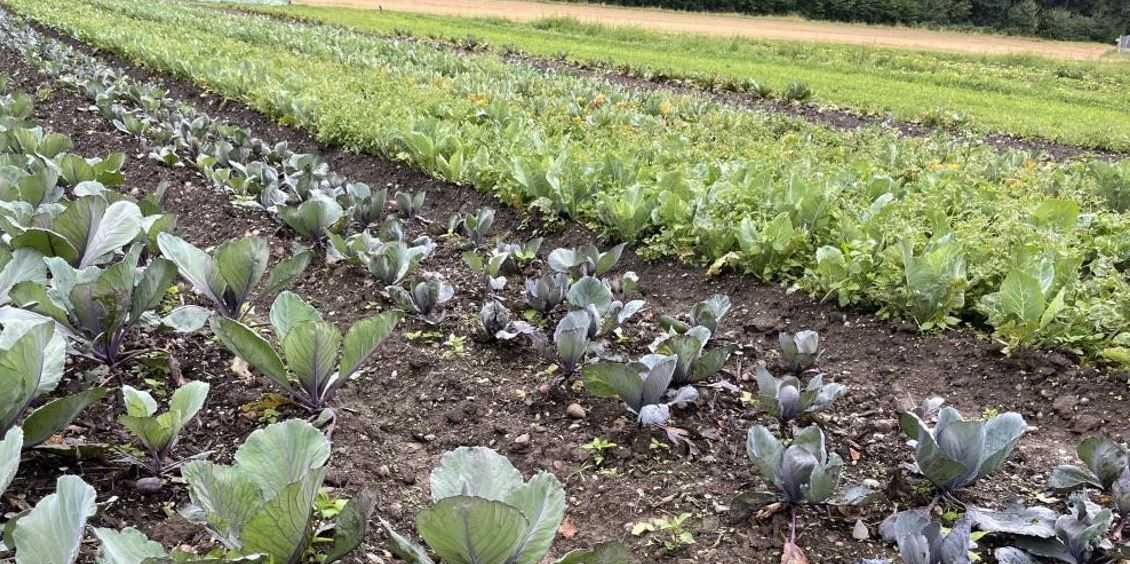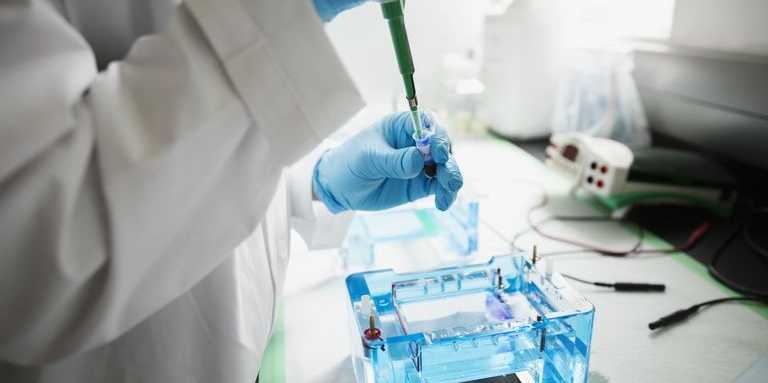Bachelor classes
Sustainable Agroecosystems I
This lecture with integrated exercises introduces the biophysical factors, processes and interactions that control the functioning of temperate and tropical agroecosystems. Students are guided to critically examine agricultural practices and management strategies to increase resource use efficiency, while minimizing negative impacts on the environment and ensuring socio-economic viability. The integrated exercises allow students to put their knowledge on agroecosystems into practice in a greenhouse experiment, the "Complex vegetable system challenge".

Sustainable Agroecosystems II
Sustainable Agroecosystems II conveys methods of agroecological research through selected case studies from current research projects and hands-on exercises. Students gain an overview on actors in the field of sustainable agricultural development. For the exercises students work on designing, implementing and evaluating their own short field experiment. As part of the exercises students get to know methods for field and laboratory investigations in agroecology.

Introduction to Scientific Writing in Agricultural Sciences
We contribute to this class by coaching student’s writing projects. The main objective of this class is to apply the principles of scientific writing as well as effective searching, analyzing and referencing literature by writing a critical review paper on a agricultural science topic of the student’s own choice.

Applied Laboratory Techniques in Agricultural Sciences
The hands-on laboratory class is composed of two parts, i.e., an introductory laboratory course and an applied training module. In the laboratory, students learn the most important basic molecular biology commonly applied in agricultural sciences. The methods training modules takes place as a one-week block course and offer methodological insights into the different research groups of the Institute of Agricultural Sciences at ETH. The SAE group is offer a module on soil microbiology that builds on the basic knowledge in molecular biology gained in the introductory course. The goals of the course are to 1) acquire good laboratory practice, 2) learn the most important laboratory and field methods in agricultural sciences, 3) gain a deeper understanding of molecular, physiological and biochemical processes in current agricultural science topics, 4) acquire skills for future bachelor, master, and doctoral theses, and 5) critically evaluate the applied methods for responsible research.

